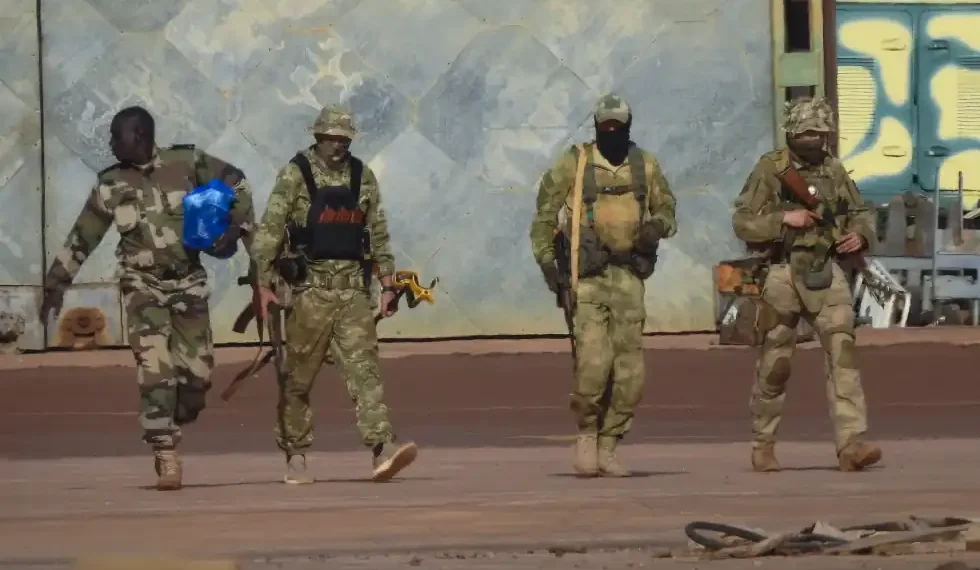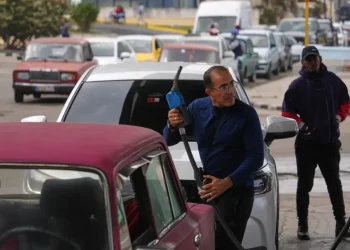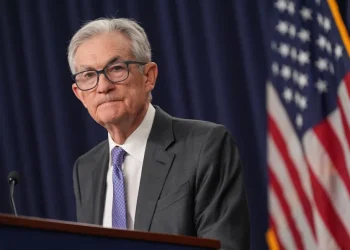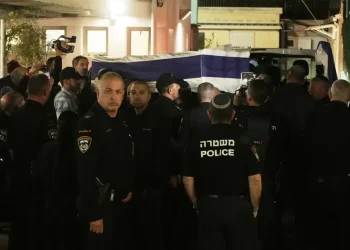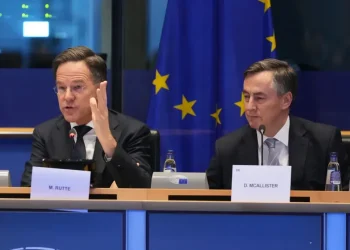Wagner Group Pulls Out of Mali After Heavy Losses, but Russia’s Africa Corps to Stay
DAKAR, Senegal — The infamous Wagner Group, a Russian private military company, is pulling out of Mali after more than three years of operating in the West African nation. But despite their withdrawal, Russia isn’t going anywhere. The Kremlin is simply swapping one force for another.
On Friday, Wagner announced its exit on Telegram, claiming “Mission accomplished,” after helping the Malian military regain control of regional capitals and eliminating several extremist leaders. But the timing raises questions—especially after the group reportedly suffered heavy losses in recent clashes with jihadist fighters.
Wagner’s departure doesn’t mean the end of Russia’s military footprint in Mali. In fact, the Russian Defense Ministry’s Africa Corps, a state-controlled paramilitary force, will be stepping in to fill the void. According to a post on the Corps’ own Telegram channel, nothing will change operationally despite Wagner’s exit.
“Wagner may be leaving, but Russia is doubling down,” said Beverly Ochieng, a Sahel security analyst with Control Risks. “The Africa Corps is Moscow’s new tool for maintaining influence on the continent.”
A Troubled Legacy
Wagner entered Mali in late 2021 after the country’s military coup ousted democratic leadership. French forces and UN peacekeepers, long battling extremist insurgents, were phased out—and Wagner took their place.
But rather than turning the tide of violence, Wagner and Malian forces have been accused of worsening it. Reports from Human Rights Watch and United Nations experts point to summary executions, civilian disappearances, and mass killings allegedly carried out by Wagner operatives and the Malian army.
Just last month, the al-Qaida-linked group JNIM launched a deadly assault on a Malian military base, killing dozens and reportedly inflicting major losses on both Malian and Russian troops. That may have been the final blow that prompted Wagner’s quiet exit.
“There’s no joint announcement from Mali or Wagner, which suggests this was sudden or contentious,” said Rida Lyammouri of the Morocco-based Policy Center for the New South. “It could reflect internal tensions or signal a new direction for Russia in Mali.”
The Shift to Africa Corps
So who exactly is the Africa Corps?
Unlike the combat-heavy, “boots-on-the-ground” approach of Wagner, the Africa Corps represents a more formal and less aggressive style of engagement. Directly under the Russian Ministry of Defense, the Corps focuses on training local troops, providing military equipment, and offering logistical and protective support.
“They’re not the Rambo-style fighters Wagner was known for,” said Ulf Laessing, Sahel program director at the Konrad Adenauer Foundation. “The Africa Corps has a lighter footprint and will likely shift from combat to training and advising.”
The transition also reflects Russia’s broader strategy in Africa following the 2023 death of Wagner leader Yevgeny Prigozhin, who died in a mysterious plane crash months after leading a failed rebellion against President Vladimir Putin. Since then, Moscow has been consolidating control of its overseas operations, slowly phasing out independent mercenary outfits like Wagner in favor of state-run forces.
What’s Next for Mali?
Mali, along with its Sahel neighbors Burkina Faso and Niger, remains locked in a grinding battle against jihadist insurgents. Despite years of foreign intervention, the violence shows no signs of slowing down.
With Wagner on the way out and Africa Corps stepping in, Mali’s future remains uncertain. Whether Russia’s rebranded military strategy will deliver better results—or just more of the same—remains to be seen.
For now, Malians and international observers alike are left wondering: will a change in name bring a change in outcome?
This article was rewritten by JournosNews.com based on verified reporting from trusted sources. The content has been independently reviewed, fact-checked, and edited for accuracy, neutrality, tone, and global readability in accordance with Google News and AdSense standards.
All opinions, quotes, or statements from contributors, experts, or sourced organizations do not necessarily reflect the views of JournosNews.com. JournosNews.com maintains full editorial independence from any external funders, sponsors, or organizations.
Stay informed with JournosNews.com — your trusted source for verified global reporting and in-depth analysis. Follow us on Google News, BlueSky, and X for real-time updates.
